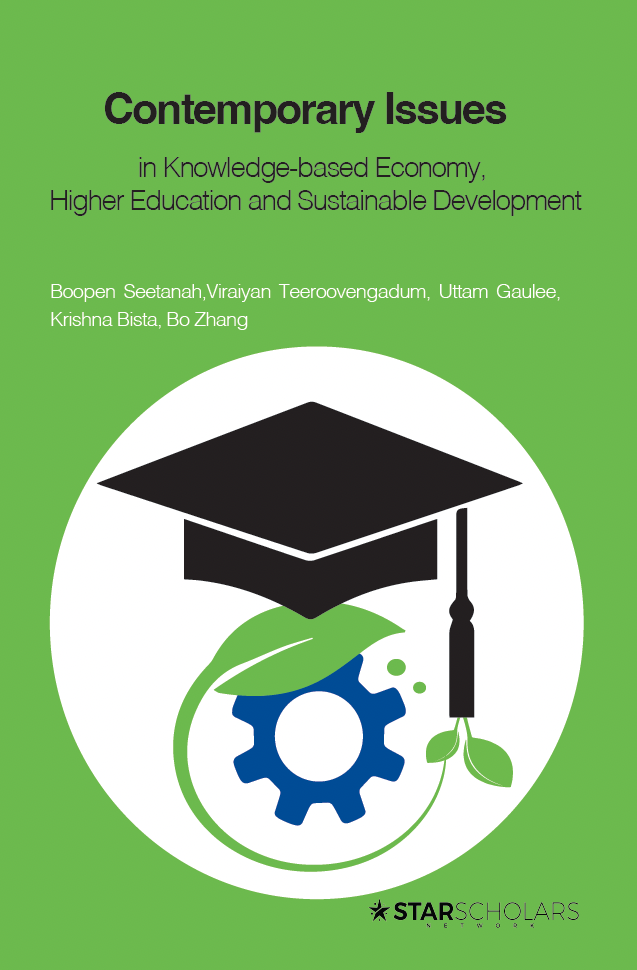Determinants of Productivity in Mauritius: The Role of Higher Education and Research and Development
Published
Synopsis
This study sets out to examine the drivers of total factor productivity in Mauritius using annual data covering the 1990-2019 period and a dynamic time series approach. Specifically, we focus on the effects of human capital and research and development (R&D) expenditures on total factor productivity. This is investigated through three different channels: (i) the basic channel, whereby primary school enrollment/secondary school enrollment is used as a proxy for human capital together with other main determinants of productivity; (ii) the advanced channel, whereby tertiary enrollment is used as a proxy for human capital and research and development (R&D) expenditures together with other main determinants of productivity; and (iii) the aggregate channel, whereby both the basic and advanced channels are merged to see their impacts on productivity. The results show that total factor productivity is often driven by secondary enrollment, research and development expenditures, GDP per capita and foreign direct investment inflows in both the long run and short run. For the variables of interest, the effect is quite low for the case of research and development expenditures, whereas for higher education, captured by tertiary enrollment, the effect proves to be insignificant. The findings suggest that increasing the allocation of funds for research and development may increase total factor productivity since research and development expenditure will tend to increase.





